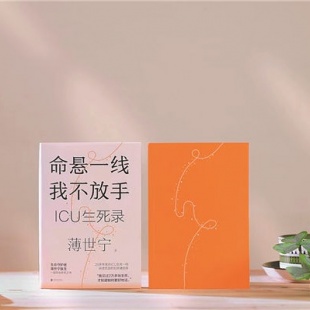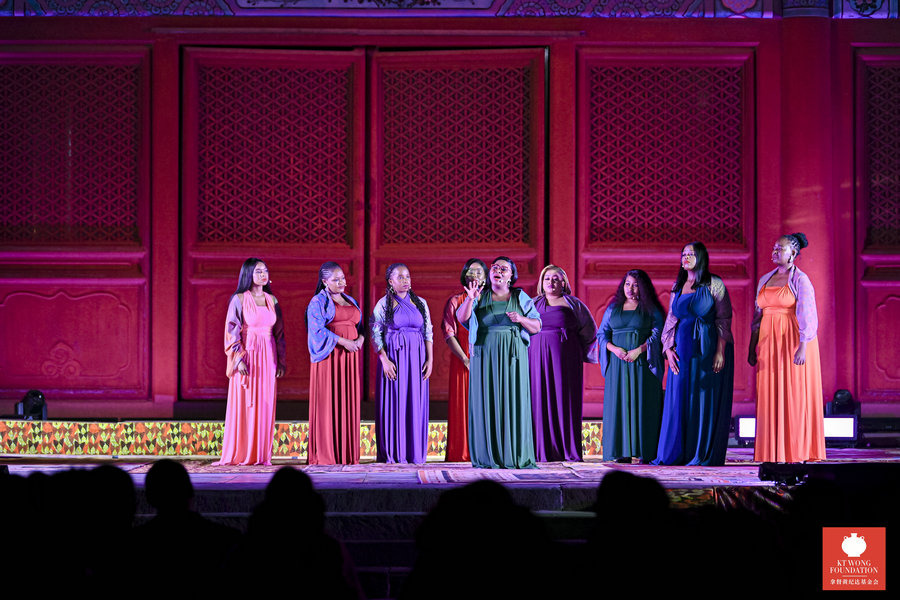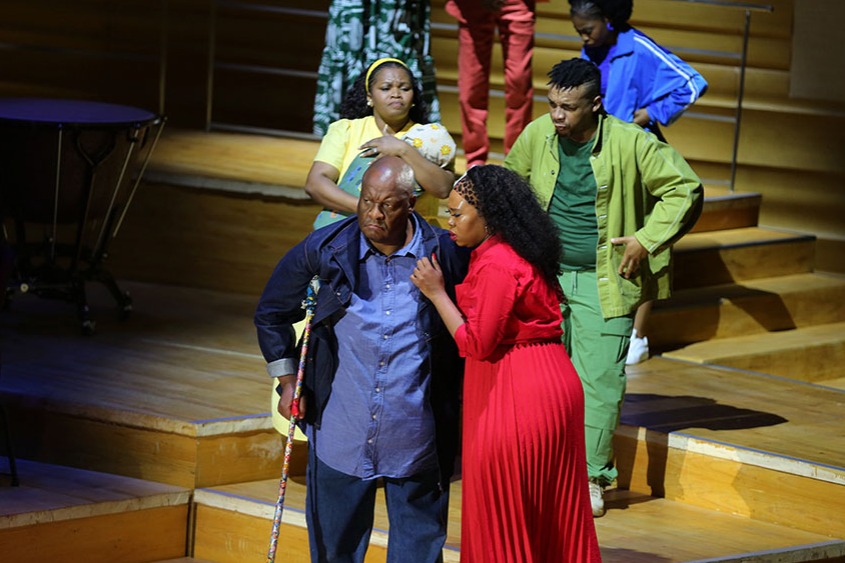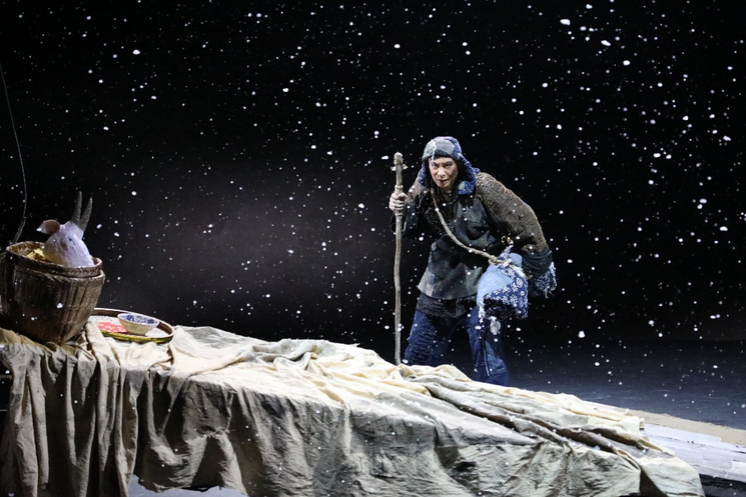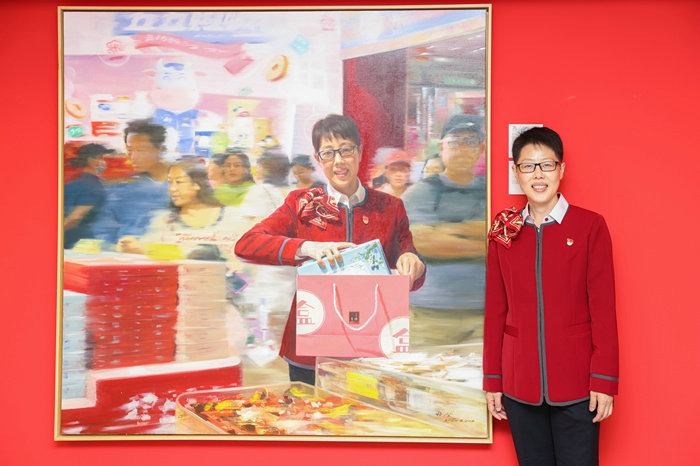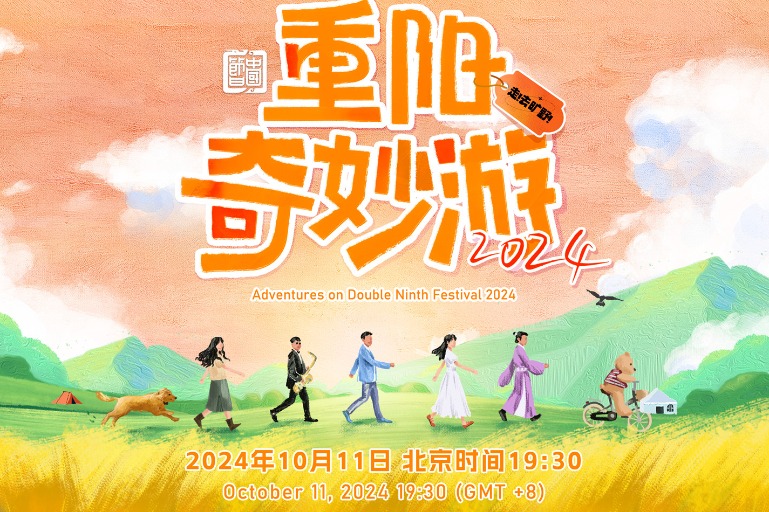Stories of humanity at the closing of the light


By reading the book, people can have a quick understanding of the essence of medicine as well as doctors' diagnostic and treatment methods. About 310,000 copies of the book have been sold so far.
Last year, his second book, Mingxuan Yixian Wo Bufangshou (Never Let Go, Life and Death at the ICU) was released. So far, more than 100,000 copies have been sold and in April, it won the Wenjin Book Award, China's top book award.
Unlike the first book, the latest one focuses on another side of medicine — humanity, because "medicine is not only a science but a study of humanity", he says.
"That is, how to comfort your patients. Often, comforting and caring for your patients can have the same effect as medication," he says.
Based on his 22 years of experience during which he was involved in about 10,000 intensive care cases, Bo chose 19 for this book.
The 19 real ICU stories include a terminally ill wife who was abandoned by her parents, husband and mother-in-law, and an elderly woman who wanted to go back home at the end of her life.
"The books explore many topics such as saving money or saving a life, how to build trust between doctors and patients and how to say goodbye to loved ones. To better understand the patient's feelings and choices, Bo flew to many locations to interview them," says Wei Ling, editor-in-chief of Xiron, a Beijing-based publishing company that published Bo's book.
Each story showcases a theme that Bo says he wants to explore — how to inspire and protect patients' "will to live" at critical junctures, what is rational love, what is "a good death "for terminal patients, and more.
The book also talks about sympathetic doctors whose strong desire to save people may cause misjudgment and their continuous improvement in medical skills, risky choices and strong minds.
On Douban, a major Chinese review platform, nearly 1,200 readers rated the book 8.9 points out of 10. Many readers are deeply touched.
"This book gives readers a good lecture about life and death, allowing people to know that treating diseases and saving lives are not only scientific issues but also an issue of humanistic care, which is what common readers need to learn about," Wei says.
Reading the 19 cases is like watching the US TV drama Doctor House, in which the prestigious Doctor House detects the cause of a series of unidentified illnesses, saving lives and exposing human nature.
In the book, a case that has touched many people is that of a "stubborn" old man who refused to give up on his wife, whose brain was dead due to an oxygen shortage caused by heart attack.
Every time Bo came to the ward, the husband followed the doctor around, suggesting possible treatments he read about or questioning the doctor about why he had not tried this method or that. Young Bo understood that the old man blamed himself for not saving his wife in time, but sometimes he lost his patience.
"In 2005, it was easy for me, a young doctor who mastered some knowledge, to be arrogant and cold," he says.
Half a year after the heart attack, on his wife's birthday, the old man dressed up and sang a song to his wife in front of all the doctors and nurses, who seemed to hear the song as two teardrops slid down from the corner of one of her eyes and then she immediately died.
"I was touched that day when the old man sang a song for his wife, but at that time I had not fully understood the whole thing," he says.
Bo wrote a long essay about this case. When he showed the essay to the couple's son, who lived abroad and arrived several days after his mother died, the son knelt in the corridor and burst into tears.
Many people are touched by the deep love between the couple, but Bo says the case gave him some other inspiration.
"Everyone aims for healing but they forget that we all have to experience one incurable case, that is, death. When that happens, how should we treat the patients?" Bo says, adding that "this case answers that question".
"The case reveals the essence of medicine," he says.
"Healing is a comfort. When patients suffer too much, relieving his or her pains is also a comfort. The treatment process is a comfort. However, every person will experience an incurable case. To not let go when it's incurable is perhaps the ultimate comfort humans can offer to one another. This kind of comfort allows the dying to do so peacefully and the living to live without regret," he writes.
That is, Bo says, the essence of medicine, which determines how one understands the definition of a good doctor.
To be a good doctor, "you need to be knowledgeable and intelligent, you need a strong mind to face complicated and urgent situations, and after you become more and more skillful and tough, you still need to be able to hear the weak cries of the common people, their hidden pains," he says.
- Rudong exhibition witnesses Sino-US printmaking exchange
- Guizhou takes center stage at Beijing book fair
- 24 Solar Terms: 6 things you may not know about Summer Solstice
- 'The Three-Body Problem' expected to see mega-budget film adaptation
- 24 Solar Terms: 6 things you may not know about Summer Solstice


